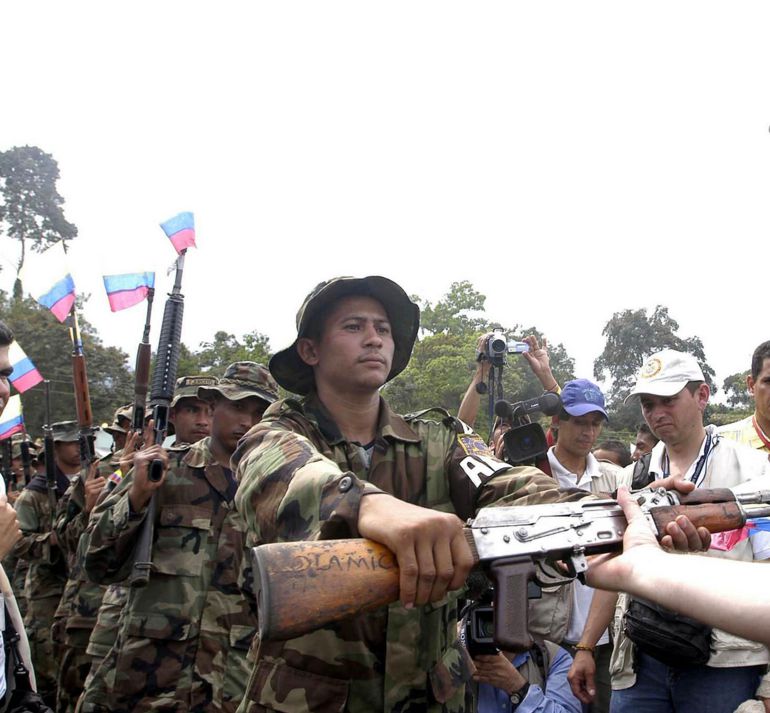“The Bid for Peace Cannot Go Backward” – Pronouncement regarding the decision of the national government to oppose the Statutory Law on the Special Jurisdiction for Peace (JEP) in Colombia
Out of extreme concern for the recent objections presented by the President of the Republic of Colombia, Iván Duque, to the Constitutional Court with regard to the Statutory Law on […]

Out of extreme concern for the recent objections presented by the President of the Republic of Colombia, Iván Duque, to the Constitutional Court with regard to the Statutory Law on the Special Jurisdiction for Peace (JEP), the International Institute on Race, Equality, and Human Rights (Race & Equality) issues a special call to the Congress of the Republic of Colombia to preserve what has been agreed to and guarantee the operations of the JEP, so as to ensure that the opposition of the national government does not represent an obstacle and ignorance regarding the decisions and progress made which in this commitment would guarantee truth, justice, reparations, and guarantees of non-recurrence to the Colombian people, especially the victims involved.
A document filed with the Constitutional Court on Monday, March 11 of this year by President Iván Duque made official the declarations issued by the Colombian leader in which he warns about the need to object to six of the 149 articles comprising the Statutory Law on the Special Jurisdiction for Peace (JEP).
Said objections not only represent a retreat in complying with the agreement for a stable and lasting peace and the international commitments the country presents today in this area, but rather, constitutes, in and of itself, grave consequences to the legal security of the more than 13,000 ex-combatants of the FARC-EP [and] members of the army and National Police who embraced the JEP and left their weapons behind after the signing of the peace accord, which would clearly indicate an uncertain process in contributing to the truth and the call to build peace that would involve millions of Colombians, above all, the more than 8,376,463 victims of the armed conflict reported by former Colombian President Juan Manuel Santos last year.
We join our voice to that of Members of Congress, activists, human rights defenders, academics, and journalists to reiterate our concern to the Secretary-General of the United Nations, Mr. António Guterrez, regarding the attempts by the national government’s decision to harm and impede the implementation of the peace agreement, the structure and operations of the JEP as the administrator of the protocols comprising a transitional justice process, and the system designed to honor the rights of the victims. “A goodly portion of the objections that have been put forward are aimed at not recognizing the decisions made by the Constitutional Court last year regarding this law. In other words, turning to the figure of objection on forum non conveniens, the hope is to not recognize the ruling by which the Court declared constitutional some regulations of the law, under the condition that they would be interpreted in the manner indicated by the sentence itself,” not the defenders of the peace accord who are signatories of the letter.
We again call on the national government of Colombia, the Congress of the Republic, and all parties involved to continue taking a chance on the construction of a country in democracy, justice, and peace. We urge the Colombian State to respect international agreements reached within the framework of this peace process, so that they will bring about all of the ways of guaranteeing respect for the fundamental rights of the people, especially of the victims of the conflict. Lastly, we ask the international community to take a stance regarding this decision that represents a stalling of the peace process. We furthermore urge the United Nations to include the incidents herein referenced in the next report of the UN Verification Mission to the Security Council.

